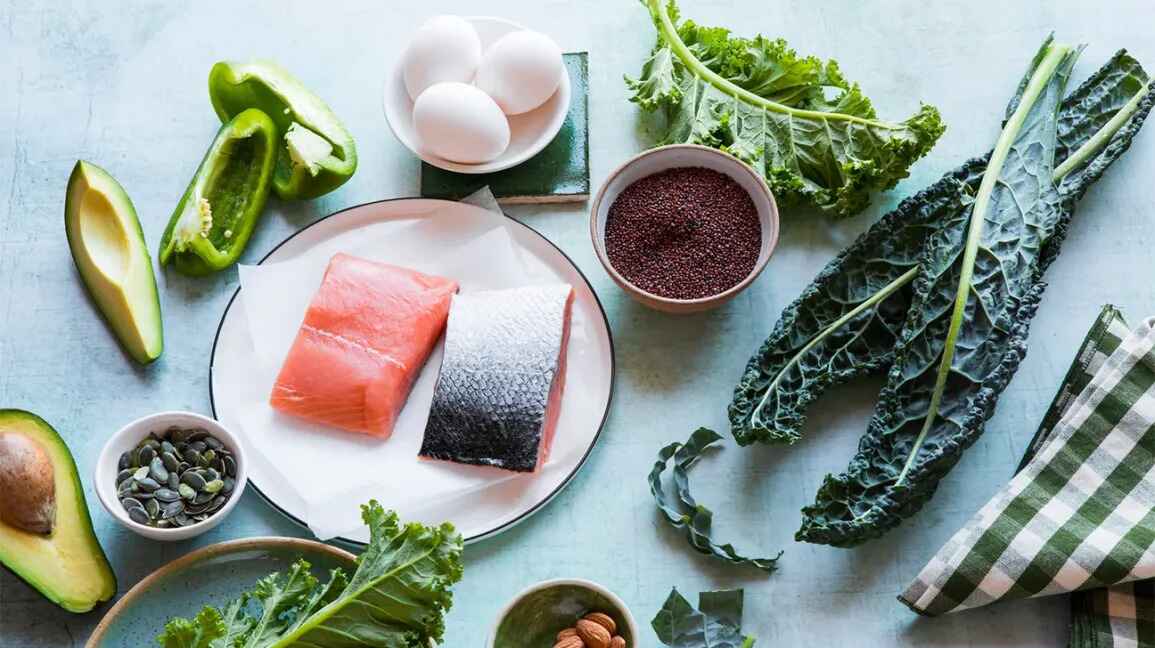Inflammation is the body’s inherent response to injury or illness and is vital to the healing process. However, chronic inflammation can lead to various health issues, including persistent pain and discomfort. Nutrition plays a vital role in managing inflammation and pain, as certain foods possess anti-inflammatory properties that can help alleviate symptoms and improve overall well-being. In this blog, we will explore the role of nutrition in reducing inflammation and pain, and how making informed dietary choices can lead to a healthier, more pain-free life.
Embrace a Balanced Diet:
A balanced diet rich in fruits, vegetables, whole grains, and lean proteins is essential for managing inflammation. These foods are packed with essential vitamins, minerals, and antioxidants that help combat oxidative stress and reduce inflammation.
Incorporate Omega-3 Fatty Acids:
Omega-3 fatty acids, found in fatty fish (salmon, mackerel, sardines) and flaxseeds, are potent anti-inflammatory agents. Including these foods in your diet can help decrease inflammation and provide relief from pain.
Spice It Up:
Certain spices like turmeric and ginger have strong anti-inflammatory properties. Adding these spices to your meals not only enhances the flavour but also contributes to reducing inflammation and pain.

Avoid Processed Foods:
Processed foods often contain high levels of unhealthy fats, sugars, and additives that can contribute to inflammation. Minimizing the consumption of processed foods can have a positive impact on inflammation management.
Limit Sugar Intake:
Excessive sugar consumption can lead to chronic inflammation and aggravate pain. Reducing sugar intake by avoiding sugary snacks and beverages can help in inflammation management.
Don’t let inflammation and pain hold you back from living your best life. Get in touch with our expert team at Specialty Care Clinics by dialling (469) 545-9983 to schedule your personalized consultation. Our experienced healthcare professionals are here to provide personalized guidance and support to help you achieve a healthier, pain-free lifestyle.
Stay Hydrated:
Drinking enough water aids in the removal of toxins from the body and strengthens the immune system. Proper hydration aids in reducing inflammation and promoting better overall health.
Opt for Anti-Inflammatory Foods:
Certain foods, such as blueberries, cherries, leafy greens, and nuts, have anti-inflammatory properties. Including these foods in your diet can be beneficial for managing inflammation and pain.

Choose Healthy Fats:
Healthy fats found in avocados, olive oil, and nuts are beneficial for inflammation management. They can help balance the body’s inflammatory response and promote better pain management.
Mindful Eating:
Being mindful of what and how you eat can positively impact your health. Eating slowly and paying attention to hunger cues can prevent overeating and support a balanced diet.
Consider Food Sensitivities:
Some individuals may have specific food sensitivities that can trigger inflammation and pain. Identifying and avoiding these trigger foods can significantly improve overall well-being.
It’s important to note that while nutrition plays a significant role in inflammation and pain management, it should be part of a comprehensive approach that includes regular physical activity, stress management, and proper medical care. Always consult a healthcare professional or a registered dietitian before making significant changes to your diet, especially if you have any underlying health conditions.
